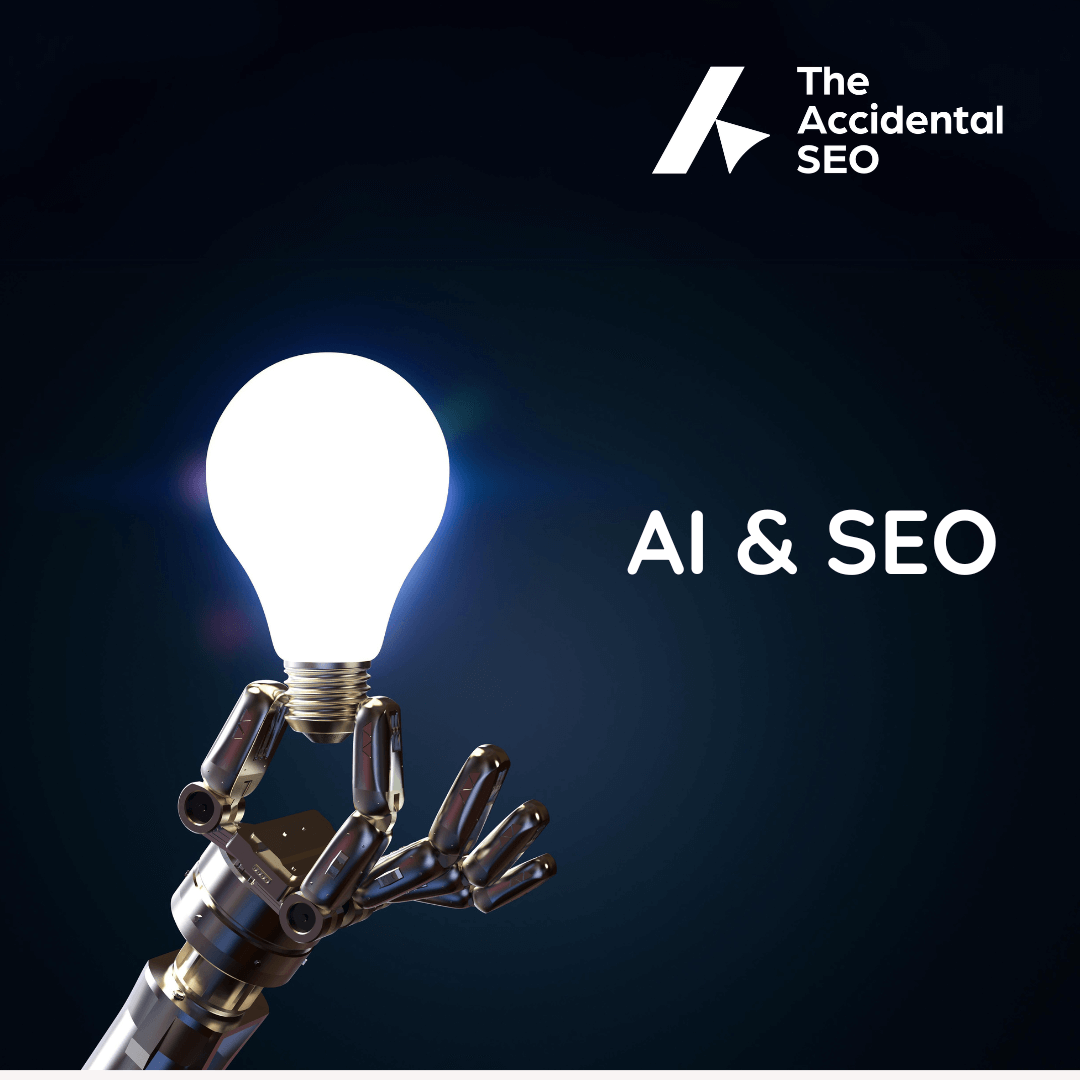Search engine optimization (SEO) is an ever-evolving field, with new technologies and changes to search algorithms constantly impacting the way businesses and marketers approach their online visibility. One of the latest developments in this field is the rise of artificial intelligence (AI), which has the potential to completely change the way we optimize for search engines. As AI becomes more prevalent, it’s important for businesses and marketers to understand how this technology will impact SEO and to start preparing for the next frontier of search.
The Role of Artificial Intelligence in SEO
Artificial intelligence (AI) is a branch of computer science that deals with the creation of intelligent machines that work and learn like humans. In the context of SEO, AI can be used to improve search engine algorithms, personalize search results, and help businesses and marketers better understand and target their audiences.
One of the main ways in which AI is impacting SEO is through the use of machine learning algorithms. These algorithms can be used to analyze large sets of data, such as search queries and website traffic, in order to identify patterns and make predictions. This can help search engines deliver more relevant and personalized search results, which can in turn help businesses and marketers better understand and target their audiences.
Another way in which AI is impacting SEO is through the use of natural language processing (NLP) technology. NLP is a branch of AI that deals with the interaction between computers and human language. By using NLP, search engines can better understand the intent behind a search query and deliver more relevant results.
Opportunities for SEO with AI
The use of AI in SEO presents a number of opportunities for businesses and marketers. One of the biggest opportunities is the ability to personalize search results. By using machine learning algorithms, search engines can deliver more relevant and personalized results, which can help businesses and marketers better understand and target their audiences.
Another opportunity is the ability to analyze large sets of data. By using AI, businesses and marketers can gain insights into search queries, website traffic, and other data that can help them improve their SEO strategy.
Another opportunity is the ability to create more sophisticated and efficient keyword research. AI-based tools can help businesses and marketers identify new keywords and phrases that they may not have considered before, which can help them improve their visibility in search results.
Challenges for SEO with AI
The use of AI in SEO also presents a number of challenges for businesses and marketers. One of the biggest challenges is the need to stay up-to-date with the latest developments in AI and SEO. As the field evolves, businesses and marketers will need to stay informed about the latest trends and best practices in order to stay competitive.
Another challenge is the need to adapt to new technologies. As search engines continue to develop and implement new AI-based algorithms, businesses and marketers will need to adapt their SEO strategies in order to stay relevant.
Another challenge is the need to develop new skills. As AI becomes more prevalent in SEO, businesses and marketers will need to develop new skills in order to take advantage of these new technologies.
Preparing for the Next Frontier of Search
As AI becomes more prevalent in SEO, it’s important for businesses and marketers to start preparing for the next frontier of search. Here are a few tips to help you get started:
- Stay up-to-date with the latest developments: Keep an eye on the latest trends and best practices in AI and SEO, and make sure you understand how they might impact your business.
- Experiment with AI-based tools: Try out different AI-based tools, such as machine learning algorithms and natural language processing technology, and see how they can improve your SEO strategy.
